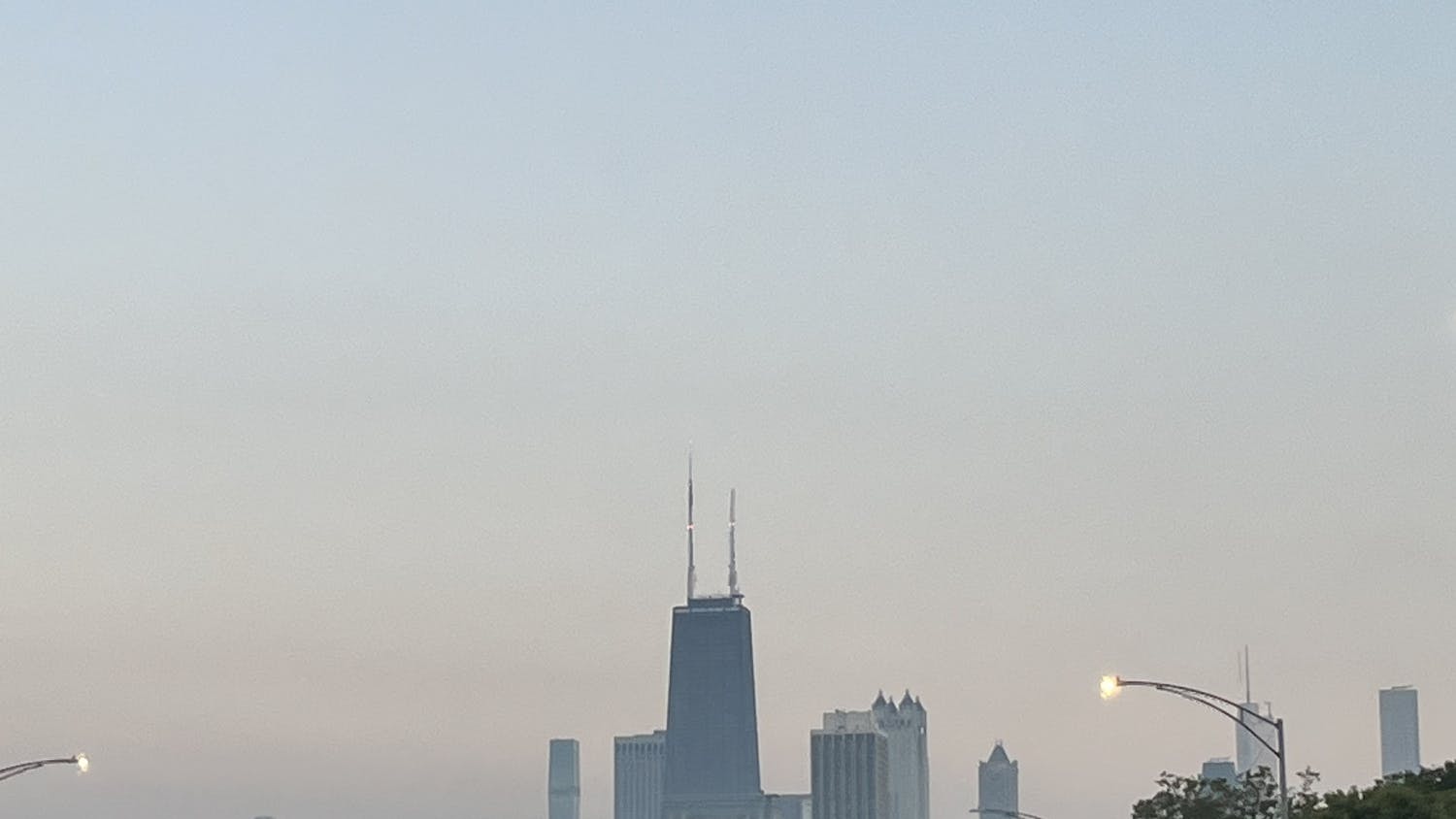On March 28, the Hanover Selectboard unanimously approved an operating budget increase, to $33.3 million for the 2023-2024 fiscal year, a $1.6 million increase from last year, according to town manager Alex Torpey. The budget increase will be allocated towards certain departments, while the majority will contribute to higher staff salaries and increased employee benefits for town employees, while also accounting for inflation, Torpey said. Although the Selectboard approved the proposal, the town residents will vote on it at the town meeting on May 9.
“The goal was to reserve as much money in the budget as possible for compensation increases for our staff,” Torpey said. “Last year, we conducted a survey of the salaries of our 193 staff members, including full time, part time and seasonal workers. Looking at market rates for other towns, we were behind where we wanted to be.”
The public sector is experiencing a growing labor shortage, especially as many baby boomers — people born between the years 1946 and 1964 — have begun to retire, according to Torpey. The town can better recruit and retain employees by offering more competitive wages, Torpey added.
“Without consistent staff, we can’t deliver the services that the residents expect us to deliver,” Hanover finance director Ellen Bullion said. “We want to be able to attract new employees of all ages. In order to replace either individuals who are retiring or leaving for other opportunities, we need to make sure that we are the employer of choice in the area.”
Bullion added that about 70% of the general operating budget is dedicated to compensation.
According to Torpey, the budget is split into seven funds for a range of needs. The most expensive funds are the general fund, which accumulates tax money for future projects —such as vehicle replacement and public works —and the fire fund, which goes to the fire department.
“Most departments kept most of their non-personnel and non-capital accounts pretty flat,” Torpey said. “That allowed us to have a little more money available to give people raises.”
In order to cover the cost of the budget increase, the Selectboard proposes increasing the tax rate in Hanover by 6.51%, Torpey explained. In January, the Selectboard capped the potential tax increase for the upcoming year at 7%. Torpey said he is pleased that the tax increase required to fund the Selectboard’s proposed budget of $33.3 million falls well within the established range.
“This is definitely a tough budget year,” Torpey said. “You’ll see a lot of towns, school districts and local governments increasing their taxes in the 5% to 10% range …” in order to account for inflation and the rising costs of materials.
Bullion said that despite challenges, it is important to adopt a budget that will prevent labor vacancies.
“The budget needs to be a reflection of the board’s goals,” Bullion said. “I think this budget allows the Selectboard to achieve its goals of becoming competitive in the labor market and adequately staffing our departments.”
Hanover director of public works Peter Kulbacki said that the budget increases will help his department manage its own labor shortages.
“[The budget increase will] help us fill some of the vacant staffing positions,” Kulbacki said. “We are currently down about 20% of our Department of Public Works staff because we can't hire people at the rates we need to to be competitive.”
Kulbacki said that while the budget increase will not fund new public works initiatives, it prevents the department from losing “preexisting capacity” for their regular operations. He added that the budget increases also account for price hikes in the cost of materials, specifically chemical costs, which have risen dramatically over the past few years.
According to Bullion, the Selectboard has allocated funds for additional staff in the dispatch office of safety, since the town manages dispatch services not only in Hanover, but also in several neighboring towns.
The budget increase will also go toward new staff in the town clerk office to ensure election compliance in the 2024 election cycle — one of the Selectboard’s primary goals — Bellion said. The budget materials for the town meeting on May 9 state that the additional funds, which will be used to hire supervisors, a town clerk and a town moderator, will promote election credibility and compliance and ensure that “elections remain trusted by [the] community.”
All eligible voters in Hanover can attend the town meeting on May 9 and vote on whether or not to approve the Selectboard’s proposed budget, according to Torpey. Bullion said that she has “a lot of confidence” that the budget will secure final approval.
“I think that there is really good support for the budget,” Bullion said. “It's been so carefully built within guidelines.”




